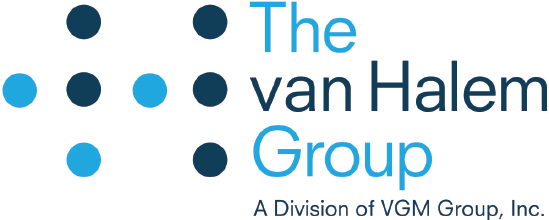Kim Turner RN, Clinical Consultant, The van Halem Group
If you tuned in to any of the national news channels on your television on Tuesday, April 19, 2019, you heard and learned all about the Federal Indictments & Law Enforcement Actions in One of the Largest Health Care Fraud Schemes Involving Telemedicine and Durable Medical Equipment Marketing Executives Results in Charges Against 24 Individuals Responsible for Over $1.2 Billion in Losses.
While shocking, the realization is that those who exploit Federal health care programs can cost taxpayers billions of dollars while placing Medicare beneficiaries’ health and welfare at risk. As a provider of durable medical equipment and services, you play a vital role in protecting the integrity of the Medicare program. In order to combat fraud and abuse, it is important for you to know the difference in fraud and abuse and to also know how to protect your business from engaging in abusive practices.
Fraud and abuse definitions and laws
Medicare fraud typically includes any of the following:
- Knowingly submitting, or causing to be submitted, false claims or making misrepresentations of fact to obtain a Federal health care payment for which no entitlement would otherwise exist;
- Knowingly soliciting, receiving, offering, or paying remuneration (e.g. kickbacks, bribes, or rebates) to induce or reward referrals for items or services reimbursed by Federal health care programs;
- Making prohibited referrals for certain designated health services.
Medicare abuse describes practices that may directly or indirectly result in unnecessary costs to the Medicare Program. Abuse includes any practice that does not provide patients with medically necessary services or meet professionally recognized standards of care.
Examples of Medicare abuse include:
- Billing for unnecessary medical services;
- Charging excessively for services or supplies;
- Misusing codes on a claim, such as upcoding or unbundling codes. Upcoding is when a provider assigns an inaccurate billing code to a medical procedure or treatment to increase reimbursement.
Protect your business in engaging in abusive practices
When considering a billing practice, entering into a particular business venture, or pursuing any employment, consulting, or other personal services relationship, evaluate the arrangement for potential compliance problems. Consider the following list of resources to assist with your evaluation:
- Legal Counsel- experienced health care lawyers can analyze your issues and provide a legal evaluation and risk analysis;
- Professional Organizations such as your state or local medical society or state DME associations;
- Centers of Medicaid and Medicare Services (CMS) are a valuable source of information on Medicare coverage policies, appropriate billing practices, and education.
- Review the OIG Compliance Program Guidance and OIG compliance education materials.
The van Halem Group is another valuable resource available to you! Our team of experts are available to provide education, review your documentation, or to simply answer your questions. From clinical prescreens to monthly compliance packages, The van Halem Group has various service offerings to support you and your organization. Contact us today for more information on partnering with us for your compliance needs!

